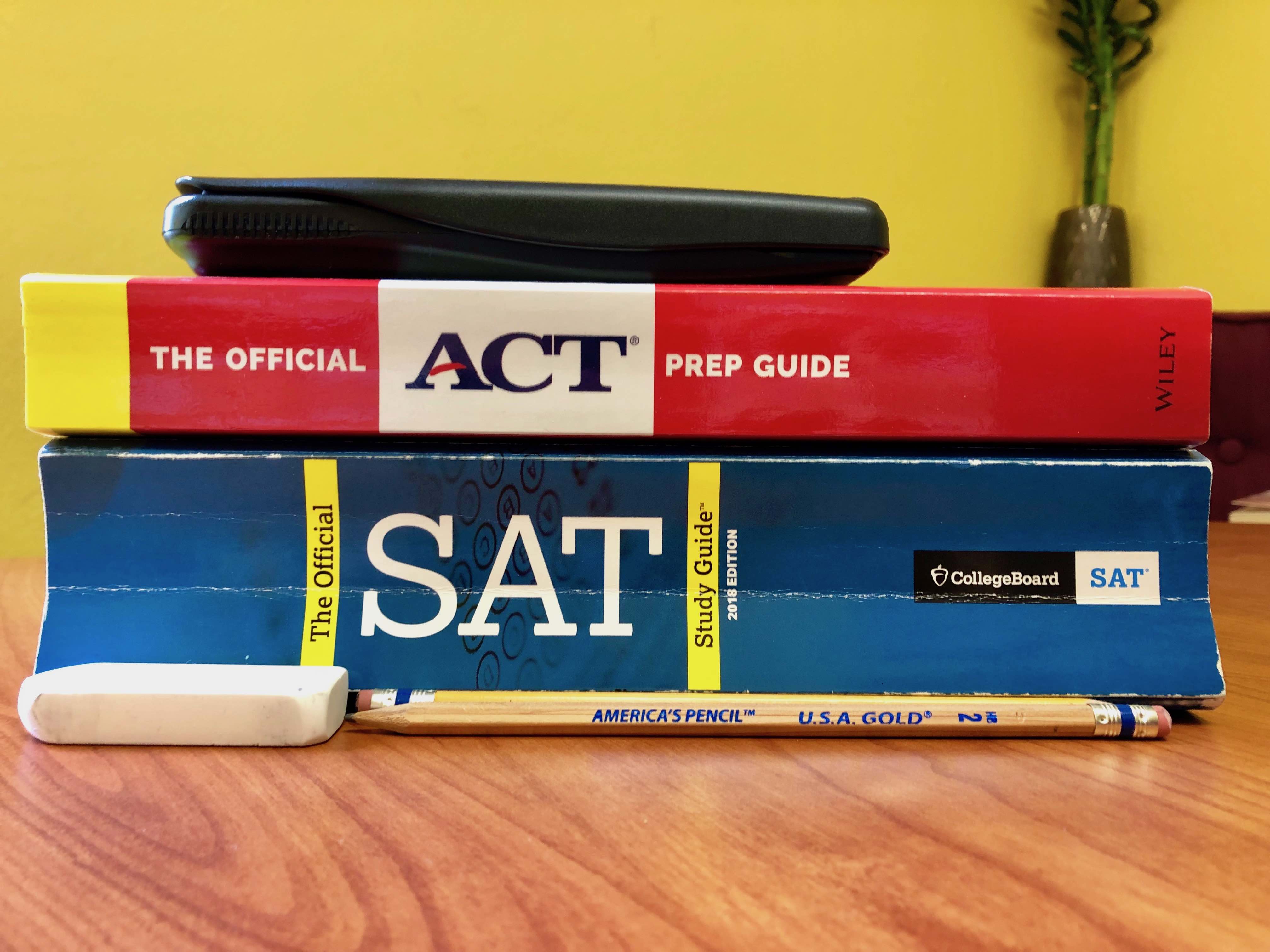
What Does Test Optional Mean
In the wake of the COVID-19 pandemic, hundreds of U.S. colleges quickly shifted to test-optional admissions to ensure access and flexibility for students facing canceled or limited SAT and ACT dates. Now, in 2025, the landscape continues to evolve. While many institutions have made test-optional policies permanent, others, including highly selective schools, are reinstating standardized testing. Colleges like Dartmouth, Yale, and Brown reintroduced mandatory testing. Harvard also reinstated testing for the Class of 2031. Caltech, Yale, Brown, and Dartmouth are among the few requiring tests. MIT returned to requiring scores in 2022.
Public/state universities such as the University of Texas–Austin require students to submit their test scores starting Fall 2025. University of Florida, Florida State, Georgia Tech, among others, also require SAT/ACT
Beginning next cycle, the admissions world is entering a new phase of standardized testing policy. For students and their families, understanding these shifts is crucial to developing a strong application strategy.
Understanding Test-Optional Policies
When a college goes “test-optional,” it means that submitting standardized test scores (SAT or ACT) is not mandatory for completing an application. However, this does not render test scores irrelevant. Colleges still welcome strong test scores and consider them valuable in the admissions process such as Brandeis University. Students who perform well on these tests should still submit their scores as they provide additional evidence of academic strength.
Impact on Application Rates and Selectivity
Colleges adopting test-optional policies often experience an increase in applications, leading to greater selectivity. For example, Bowdoin College saw a 30% increase in applications over the last five years, and Barnard College reported a 20% increase since 2020. This influx of applications results in lower acceptance rates, making admissions more competitive.
Test-Optional vs. Test-Blind
It’s important to distinguish between test-optional and test-blind policies. Test-optional colleges allow students to decide whether to submit their test scores. In contrast, test-blind colleges do not consider test scores at all. For students with strong academic records and extracurricular achievements but weaker test scores, test-optional policies can be advantageous. However, students who excel in standardized tests should still submit their scores to bolster their applications at Rollins College.
Merit-Based Scholarships
Even at test-optional colleges, standardized test scores can play a crucial role in awarding merit-based scholarships. Many prestigious and generous merit awards require strong test scores in addition to rigorous academic schedules and high grades.
Navigating the Admissions Process
To navigate the evolving landscape of college admissions effectively, students and parents can benefit from the guidance of college counselors. Ivy Central offers comprehensive support to help students prepare for college admissions, ensuring their high school years are productive and strategic.
By staying informed and seeking professional guidance, students can better position themselves for success in a competitive admissions environment. Start planning today to make the most of your high school years and strengthen your college applications.









